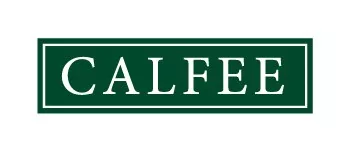- within Real Estate and Construction and Intellectual Property topic(s)
- with Senior Company Executives, HR and Inhouse Counsel
- with readers working within the Business & Consumer Services, Consumer Industries and Insurance industries
A U.S. Court of International Trade panel on Wednesday ruled against several of President Donald Trump's tariffs on international trading partners, ruling that he had exceeded his authority.
Companies of all sizes have been perplexed by Trump's imposition of tariffs and sudden reversals as they seek to manage supply chains, production, staffing and prices. Tariffs typically need to be approved by Congress, but Trump has claimed that the country's trade deficits amount to a national emergency in an attempt to bypass Congressional approval. Relying on the International Emergency Economic Powers Act (IEEPA), Trump has used a series of Executive Orders to apply sweeping tariffs to most countries last month, adding to tariffs already applied to Canada, Mexico, and China earlier this year.
On Wednesday, the panel said that Trump's tariffs lacked "any identifiable limits," and found that the decades-old IEEPA, a federal law that Trump relied on as giving him the authority to impose the tariffs, did not "delegate an unbounded tariff authority to the President." The court's ruling stated that Trump's tariff orders "exceed any authority granted to the president ... to regulate importation by means of tariffs."
The ruling blocks most of the tariffs Trump has rolled out so far in his second term, including the 10% rate applied to most trading partners, those on China, and fentanyl-related tariffs on Canada and Mexico. More specific tariffs Trump has issued on cars, steel, and aluminum are likely to remain in place for now, having been issued under apparent authority from another statute (§ 232 of the 1962 Trade Expansion Act) and outside the scope of the case before the court.
The judges also ordered the Trump administration to issue new orders reflecting the permanent injunction within 10 days. The Trump administration quickly moved to appeal in the US Court of Appeals for the Federal Circuit.
The content of this article is intended to provide a general guide to the subject matter. Specialist advice should be sought about your specific circumstances.


